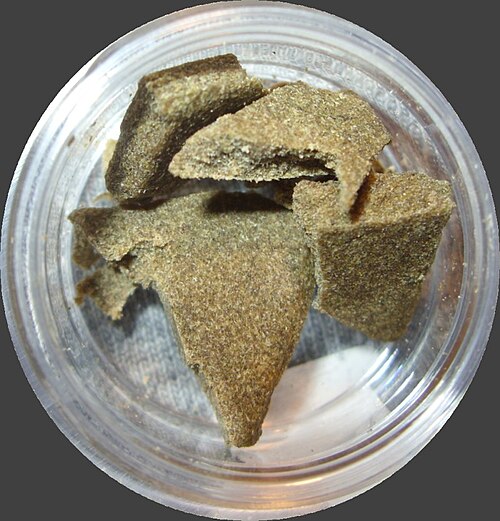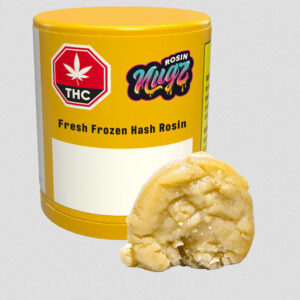what is hash, The hashish drug is a reddish-brown-to-black colored resin made from the cannabis plant. It’s then dried and pressed into small blocks. The resin used to make hashish contains higher concentrations of THC than marijuana. THC (tetrahydrocannabinol) is the main psychoactive ingredient in cannabis that produces the high that users experience when they smoke or eat it.
This mind-altering ingredient is responsible for the hallucinations, relaxation, and other psychological effects that users experience while high on weed. As with marijuana, people who use hashish may experience euphoria and relaxation. Other common effects range from heightened senses to disturbing hallucinations.
Hashish concentrates or pieces of a block are usually smoked in a pipe, bong (water pipe), or a vaporizer (vape pen). Like marijuana, hashish chunks may also be rolled into “blunts” or “joints” with marijuana or tobacco or baked into food and drunk as tea. Many marijuana and hashish users prefer to use e-cigarettes or dabbing (vaping) because it’s odorless and easy to carry around.
There are also different types of hashish, each of which varies in potency and ingredients:
- Dry sift
- Chars
- Moroccan hash
- Pakistani hash
- Rosin
- Bubble hash (or “ice water”)
- Shatter (also known as “Wax” and “Budder”)
Common Hashish Effects
Because hashish contains higher concentrations of THC than marijuana, it’s safe to assume that its side effects are more intense than those from marijuana. The THC in hashish is absorbed into fatty tissues in the organs. Generally, traces of THC remain in the body longer than the effects of the drug last because of how it’s absorbed in the body.
In chronic hashish users, the drug may be detected in drug tests for weeks after their last use. The percentage of THC in marijuana has increased from 4% in 1998 to over 15.5% in 2018, so you can only imagine how concentrated hashish is in THC.1
With that said, the effects of hashish are still being explored. Based on the available evidence and the effects of marijuana, common hashish effects may include:
- Problems with memory and learning
- Sedation
- Confusion
- Impaired judgment
- Impaired coordination and movement
- Increased heart rate
- Anxiety
- Panic attacks
- Hallucinations
The long-term effects of hashish are still being explored, but considering that hashish is a more potent version of weed, we can piggyback off the latter’s long-term symptoms. Long-term effects of hashish include, but are not limited to:
- Paranoia and anxiety
- Alterations in heart rate and blood pressure
- Respiratory problems
- Daily cough and phlegm
- Symptoms of chronic bronchitis
- Increased risk of chest colds
- Increased risk of pneumonia
- Exposure to toxins and tar (also found in some marijuana products)
- Impaired memory, judgment, and perception
- Impaired learning and attention skills
Some types of hashish, like Shatter hashish, are made with various toxins. Shatter hashish is made with butane, propane, and carbon dioxide (CO2) to extract larger quantities of cannabinoids and terpenes from marijuana. However, if these chemicals aren’t purged from the final product correctly, they can be toxic and extremely volatile.





Reviews
There are no reviews yet.